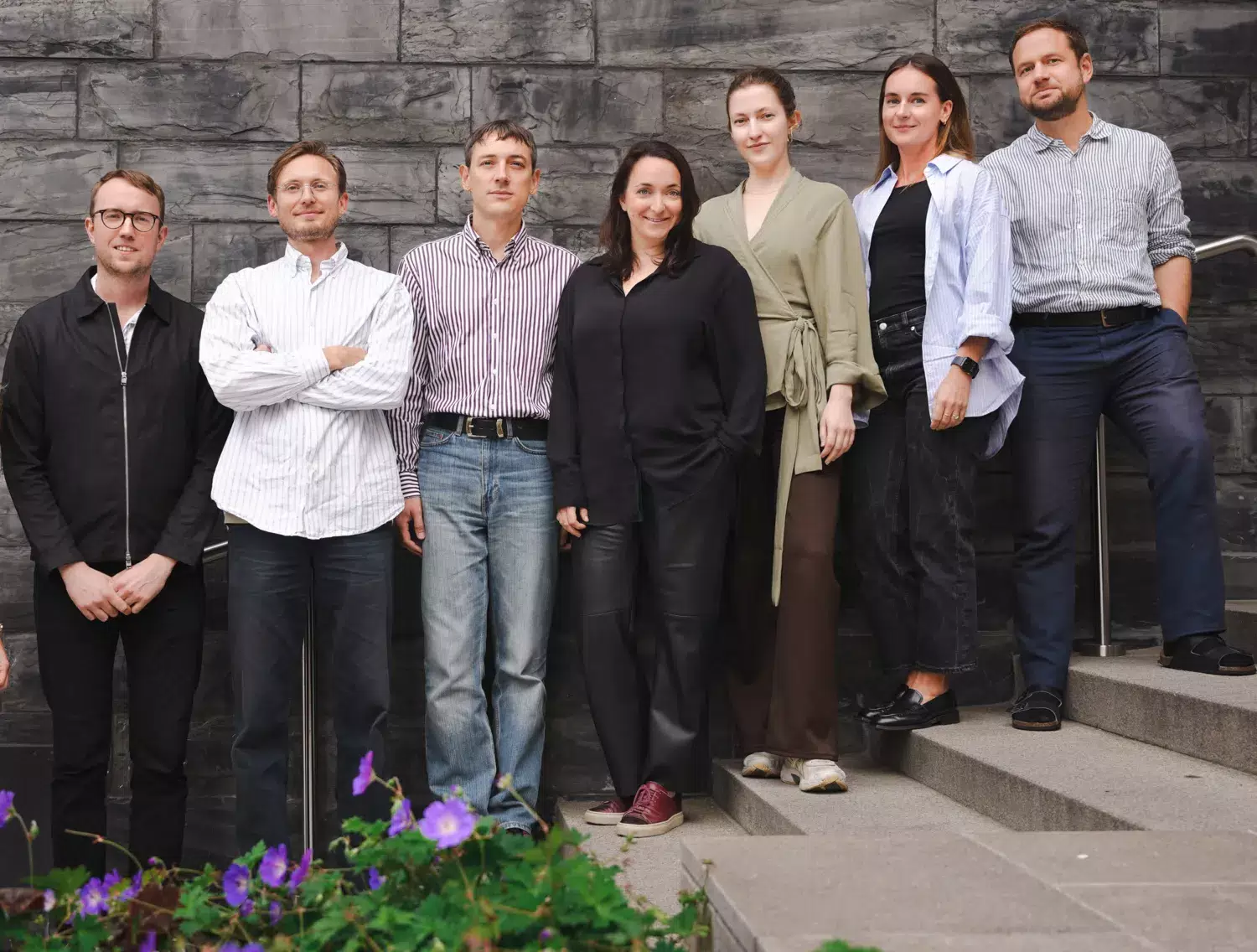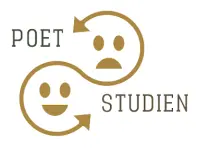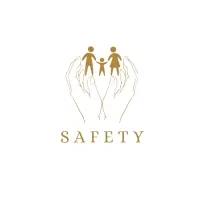Our research group is conducting several interventional studies aimed at improving mental health for adolescents. We are currently recruiting participants for three projects: an online therapy program for adolescents with self-harm (iERITA), a study comparing different online treatments for young people with mental health problems (POET), and a project exploring the psychological mechanisms behind self-harming behaviors.
You find more information about our ongoing Projects under the tab Research Projects.
We are looking for research participants
 Photo: Antonio Guillem,Getty Images/iStockphoto
Photo: Antonio Guillem,Getty Images/iStockphotoOnline therapy for adolecents aged 12-17 years with mental illness
Today, many young people are experiencing mental illness, often feeling sad, angry, anxious, or worried. There is a significant demand for treatment.
Our research group aims to compare two different approaches to treat and reduce mental illness in a six-week online intervention program designed to improve the mental well-being of young individuals.
You can reside anywhere in the country, and the treatment is provided free of charge.
 Photo: istock
Photo: istockDoes your child have contact with care for mental illness?
In this study we investigate how pain-regulation among childreen and youth is correlated to mental illness.
You may join if you:
- already have contact with the health care due to mental illness
- are between 11-15 years old
- speak and understand Swedish
 Photo: pixabay
Photo: pixabayOnline Therapy for Adolescents (13-17) with Self-Harming Behavior
Our research group is currently evaluating iERITA in health care. IERITA is an online treatment designed for adolescents who engage in self-harming behavior.
This therapy focuses on developing strategies to manage intense emotions and distressing thoughts. iERITA consists of two internet-delivered components:
• A treatment for adolescents
• A shorter program designed for parents
Throughout the treatment, both adolescents and their guardians receive continuous support from a therapist online.






